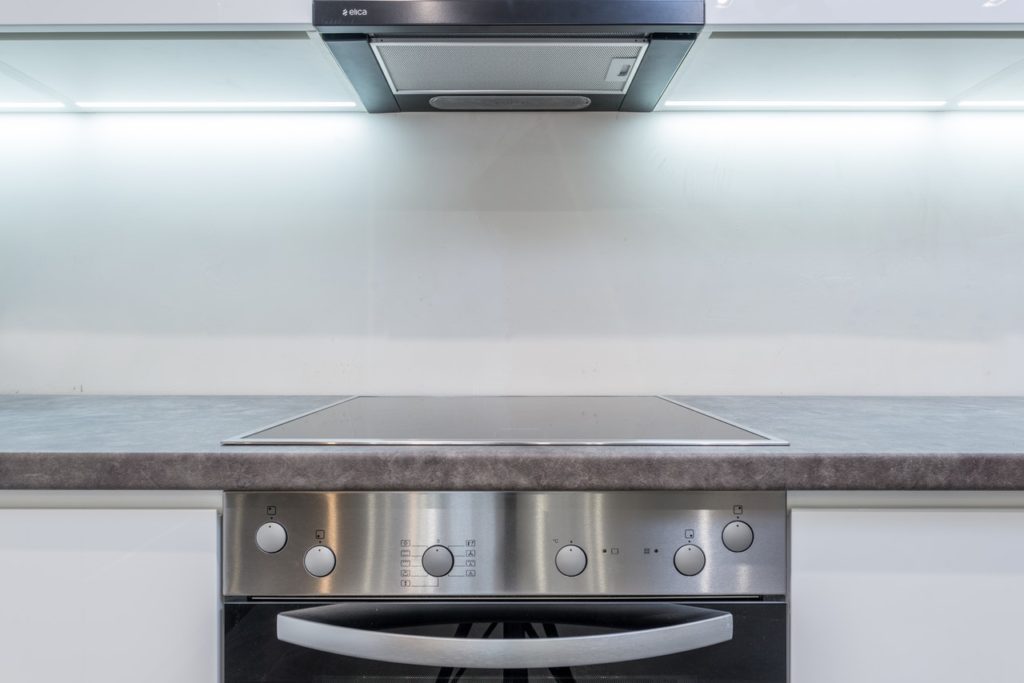Today, it’s hard to imagine cooking without proper kitchen appliances. Our grandparents and great-grandparents might have managed to survive and prepare amazing dishes without electrical ovens, blenders and microwaves but since we have these amazing appliances, we can cut our cooking work in half and ensure an even better taste of ingredients. However, kitchen appliances are neither cheap nor safe enough to be used without a care in the world. If you want to protect yourself, your family and your property, here are a few kitchen appliances safety tips to keep in mind:
Always read the user manual
Before you even start using your kitchen appliance or gadget, make sure to take a careful look at the user manual. This read will provide you with all important information on:
- Wiring necessary for appliance support (you might be required to install new circuits to provide your appliance with enough energy and prevent overloading).
- Device features and when they should be used
- Appliance use—indoor or outdoor
- What to avoid doing when handling the device
In case you didn’t read the user manual, you can risk damaging it, causing damage to your property or even hurting yourself. And whether you can return the faulty item or not also depends on whether you followed all the guidelines from the manual.
Invest in GFCI outlets
All the rooms that include the use of water or have the possibility of getting moisture on the outlets need to have special outlets with ground-fault circuit interrupters (GFCIs). In most new homes in America, Europe and Australia, these outlets get automatically installed, but some older homes might not have them. So if you know your kitchen outlets are not equipped with GFCIs, make sure to call an experienced electrician in Melbourne and ask them to handle your concerns. This is an easy and fast task, especially for electricians with extensive training, so don’t expect a huge mess.
This way, in case any moisture comes in contact with your outlets, you won’t be able to plug in your appliances—the circuit will be tripped. If you want to prevent electrocution as well as damage to your appliances and home, this is the best solution.
Be careful around blades
If you have any appliances with blades like blenders, choppers, etc., it’s important to be careful when handling both before, during and after use. Make sure to activate the interlock that stops the blades from spinning when cleaning and put extra attention to returning everything to its place before turning it back on. The blades on these appliances might be small, but they are as sharp as knives and should be handled as such.
Use your microwave like a boss
The microwave is a very practical invention suitable for many uses. However, before you simply pop something in there and set a random temperature, it’s important to know that fires can happen in case you use the wrong setting. House fires happen often when users put too much time on the microwave and forget about it. Always use the recommended setting and temperature for products, and in case a fire happens, turn the appliance off and keep the doors closed.
Minimize your use of extension cords
Today, many of us have too many kitchen appliances and gadgets and not enough outlets, so we resort to extension cords. These are practical in a pinch, but they are not designed to be a long-term solution for appliances. Extension cords can cause loose connections that can spark, power fluctuation that can damage the appliance, and overheated wires, especially when you plug in a high-power appliance. In case you need to use an extension cord, make sure to use the appropriate one for the appliance and make it a temporary solution. Length is also important—the longer the cord, the more power you can expect to be lost on the way.
As you can see, following kitchen appliance safety is not hard, it just requires some common sense and a bit of focus. If you manage to conquer safe appliance use, your life will be much safer and easier.
